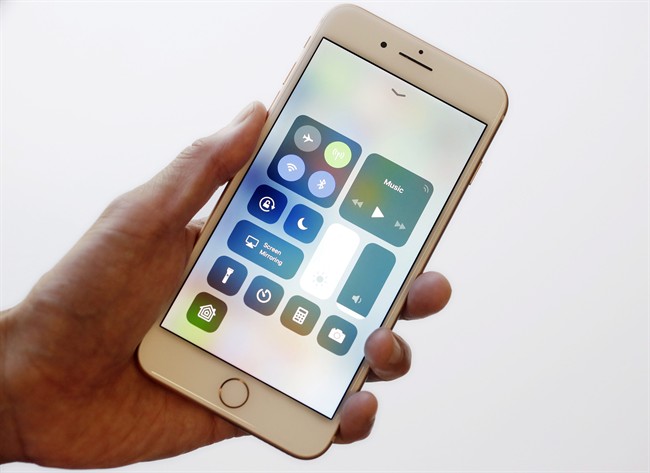While rumors have circulated for years that Apple intentionally disrupts or slows down the function of older iPhones after a new one is released to prompt their customers to upgrade, a report released Monday has debunked this claim.

Futuremark, a Finnish company that builds hardware performance benchmarks, collected over 100,000 benchmarks from iPhone 5S, 6, 6S and 7 devices for more than a year.
The firm eventually concluded that the longstanding conspiracy theory claiming that Apple slows down older iPhones isn’t supported by the data.
“Our benchmarking data shows that, rather than intentionally degrading the performance of older models, Apple actually does a good job of supporting its older devices with regular updates that maintain a consistent level of performance across iOS versions,” said the release from Futuremark.

Get daily National news
The study was conducted using the 3D Mark benchmarking app, which concluded that the iPhone 5S experienced no delay in GPU (Graphics Processing Unit) or CPU (Central Processing Unit) performance over the testing period.
The iPhone 6, 6S and 7 report similar results, as GPU performance remained consistent across different versions of iOS with some minor discrepancies.
Despite these results, the report acknowledges that several factors that may affect an iPhone owner’s perception of their device’s performance after updating an older phone to a newer version of iOS.
“An update might add new features that use more resources or require more processing power. New apps developed for the latest models might not run as smoothly on older devices.
“Conversely, apps designed for an earlier version of iOS might not take full advantage of optimizations in the latest version,” the report reads.
The report also states that the circulation of this myth, and knowing that there’s a newer iPhone available, could be enough to convince users their devices are slowing down.
The study was released following false reports that a Harvard study definitively proved that Apple slows down its older model iPhones to coincide with device releases to boost sales of new models. Popular factchecking website Snopes determined that report was untrue.
Apple also just introduced a slew of new devices last month, including the iPhone X, iPhone 8 and iPhone 8 Plus.





















Comments